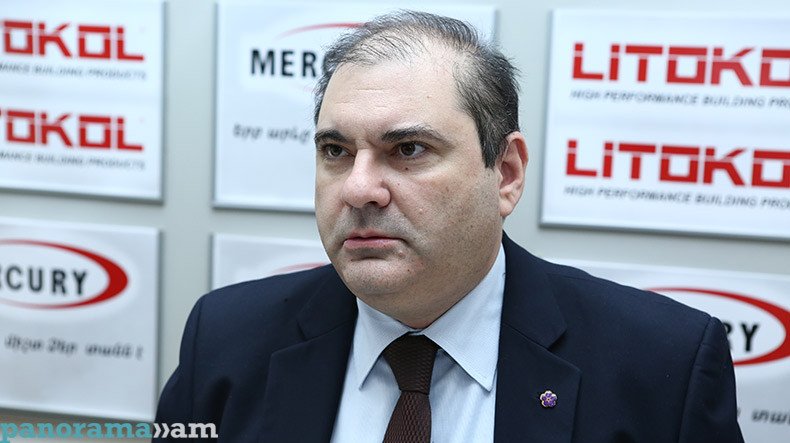
Political scientist: Popov's interview makes it clear that Armenia began to change approaches in 2018-2019
"There are significant differences between the perceptions and ideas expressed in Pashinyan's article and the realities presented by the former Russian co-chair of the OSCE Minsk Group, Ambassador-at-Large of the Russian Foreign Ministry Igor Popov," political scientist Alexander Markarov told Panorama.am on Thursday, referring to Popov’s interview published by the Russian Foreign Ministry on Wednesday.
He underlined that there are clear differences in the perceptions of reality, resulting in two different pictures.
"What does this mean? In fact, it is the reaction of the Russian side to the statements that were made, as well as the continuation of the narrative that it was difficult for Putin to understand why the Armenian side rejected the options during the war, which were possibly more favorable than the terms of the November 10 statement,” the political scientist said.
In Markarov’s words, the interview of the Russian diplomat makes it clear that there are inconsistent perceptions, and in fact, the former co-chair presents a position according to which in 2018-2019 Armenia started to change the approaches applied to the conflict before that.
In the interview in the wake of Armenian Prime Minister Nikol Pashinyan’s article “Origins of the 44-Day War”, Popov said that the latest version of Russia’s multi-stage Karabakh settlement plan was handed over to the conflicting parties in June 2019.
Nikol Pashinyan's well-known statement “Artsakh is Armenia. Period!” was made at Stepanakert's Renaissance Square on August 5, 2019, after those proposals had been made.
“Azerbaijan, in turn, continued to declare that no status of Nagorno-Karabakh outside of Azerbaijan could be discussed, and after the appearance of the Russian proposals, Azerbaijan toughened its position: no status of Nagorno-Karabakh can be discussed at this stage,” Pashinyan's article said.
Igor Popov stated Russia has never said the Nagorno-Karabakh settlement must be confined to the return of seven districts of the region to Azerbaijan without taking care of its status.
"Claims to the effect Russia called for returning seven districts ‘in exchange for nothing’ and forgetting about its status have nothing to do with the reality," the diplomat said.
Related news
Newsfeed
Videos






























